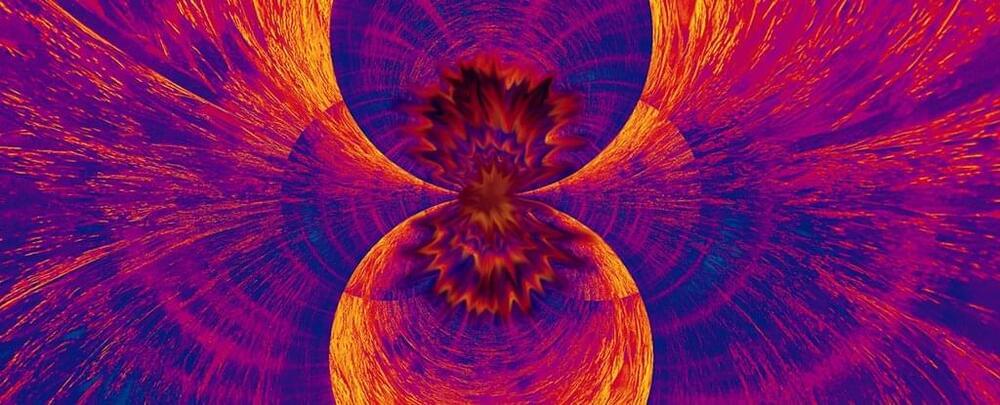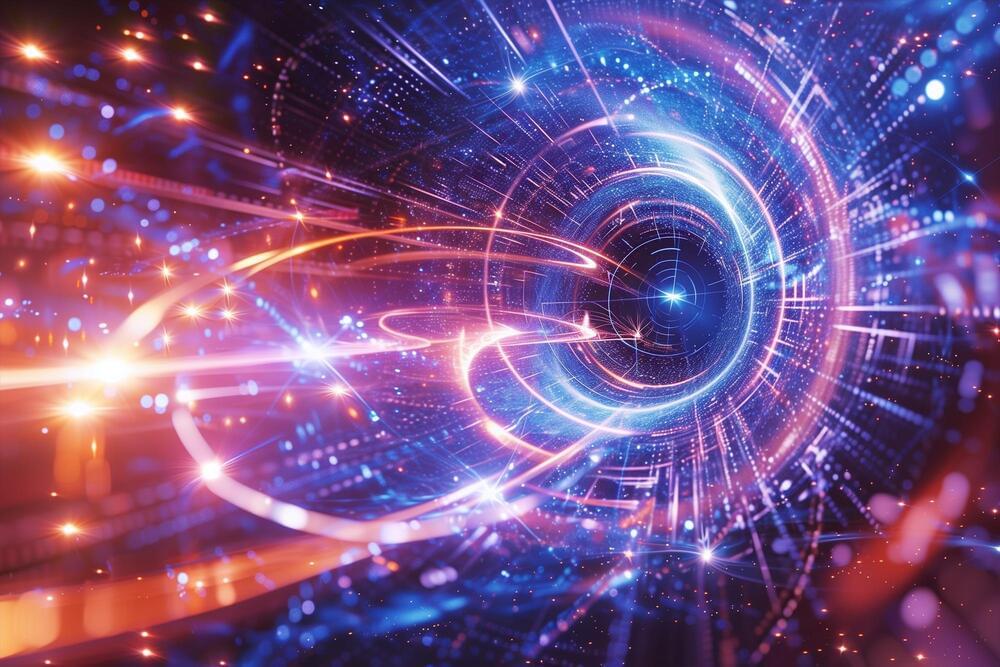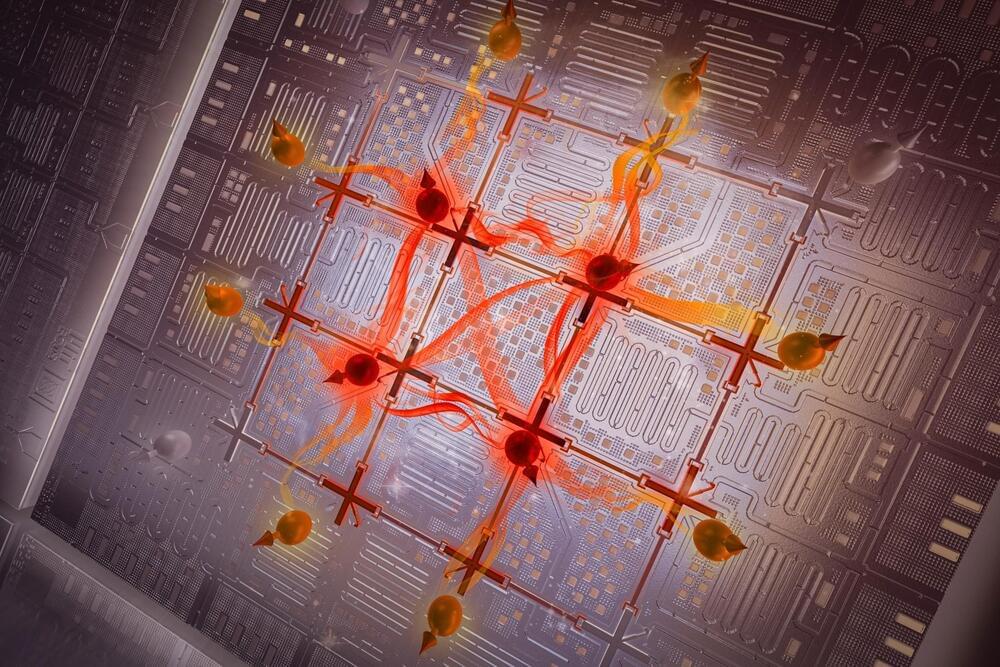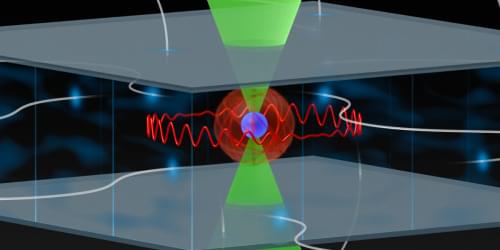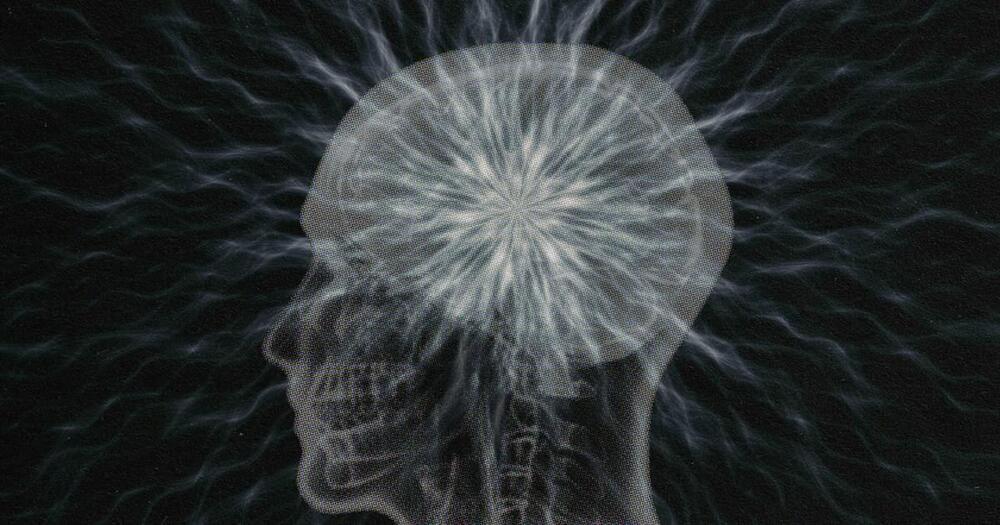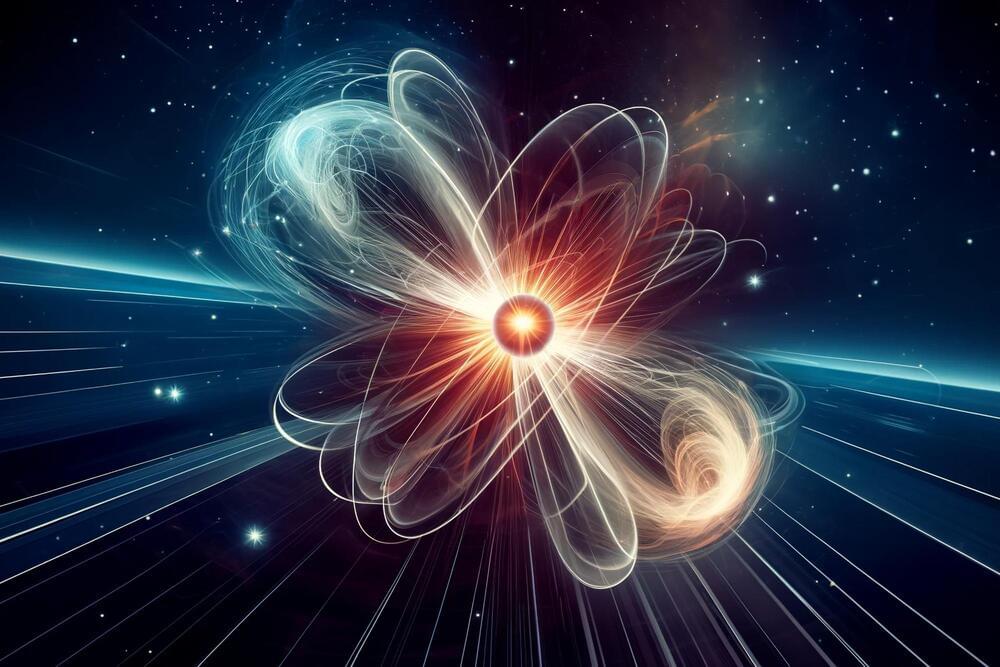May 6, 2024
Quantum Entanglement May Share a Profound Link With Steam Engines
Posted by Paul Battista in categories: computing, particle physics, quantum physics
A year after all but ruling out the possibility, a pair of theoretical physicists from Japan and the Netherlands have found quantum entanglement has something fundamentally in common with the physics that drives steam engines, dries your socks, and may even keep the arrow of time pointed in one direction.
This universal property, if indeed it exists as they suggest, would govern all transformations between entangled systems and give physicists a way to measure and compare entanglement beyond counting qubits – and know their limits of manipulating entangled pairs.
Quantum entanglement, the tendency for the quantum fuzziness of different objects to mathematically merge, is a fundamental part of quantum computing along with superposition. When particles, atoms, or molecules are entangled, knowing something about one tells us something of the other.
